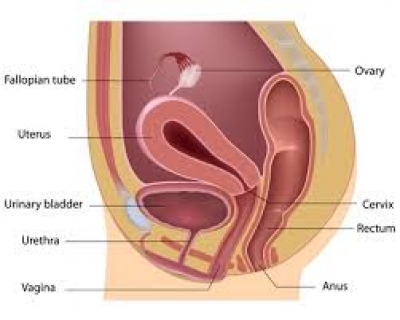The Concern
Environmental Protection agency usually sets standards for air quality index. A concern raised in the study that the current Environmental Protection Agency (EPA) standards are not strict enough to protect the fetus, which may be particularly sensitive to environmental factors. The study found biological effects in women exposed to polluted air levels below the (EPA) standards.
More the exposure to air pollution can add more risks to the developing fetus. It can cause intrauterine inflammation( Chorioamnionitis - is an inflammation of the fetal membranes - amnion and chorion). It can also cause Premature birth. Premature birth can cause problems in the child from fetal age into childhood.
However, the study doesn't prove a cause-and-effect link. It only shows an association between exposure to air pollution and the pregnancy complication.
What study found
The study involved 5,000 low-income mother-child pairs. About two thirds women were exposed to air pollution levels below the standard levels of EPA and one third to pollution above the agency's standard.
The study revealed the risks of intrauterine inflammation twofold in the women exposed to pollution above accepted EPA standards. The first trimester period( the first three months of pregnancy) seemed more sensitive to the risks.
Placenta -- which is typically discarded after birth -- offers crucial clues to the condition and could offer other important health information as well, according to the researchers.
So does that mean Pregnant women cannot step out - Of course not. The above risks are only when a woman is exposed to very high levels. But, it is always better to be safe and spend more time in surroundings which are clean with clean air, clean water and hygenic food.
The study: April 27, Environmental Health Perspectives.






